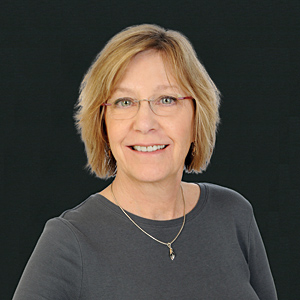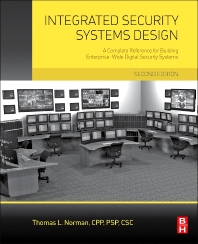
|
| Carol Enman |
I was at a prestigious financial conference recently listening to how the cable and telecom companies had entered the industry and left once before; so many believed that this time they would probably leave again. Earlier in my career in the security industry, I wondered why they weren’t in the industry. It seemed like a natural business fit.
At the Central Station Alarm Association’s (CSAA) annual event in Quebec City last October, I was standing next to a representative of a very well-known, large telecom company, who referred to himself as “the enemy” — citing the rude comments being made to him there, such as “You won’t make it” and “You won’t stay.” His retort to the person he was chatting with — with a snort and a chuckle — was that they were going nowhere.
I think it is time to accept that outsiders are here to stay. “Outsiders” have been infiltrating this industry for years now and with few exceptions have remained. Siemens, Johnson Controls, and Stanley Tools are all in the game. Did we forget about them?
Cable companies began bundling services for their customers at least a decade ago with TV, Internet and phone services to make their customers stickier. Telecom and cellular companies had to join the bundled services game or risk going out of business, as the cable companies were eating their market share. So goes the war for customer retention or customer stickiness. Technology is ready for cable and telephone companies to offer more services to their customers now, because it is a panel that transmits signals that allows them to offer their intelligent home services — with security being one of the signals on that panel.
Is security important to them? Let us ask an even broader question: How important is security to Honeywell, Samsung Techwin, Sony Electronics, Bosch Security Systems, Johnson Controls Inc., Siemens, UTC, Schneider Electric, Stanley Security Solutions Inc., etc.? The answer is that it is relative to the percentage of revenue it brings to the bottom line and/or is expected to bring over time. Herein is the business strategy. Corporations the size of the telecoms and cable operators spend countless hours researching, business planning, analyzing the numbers, and adjusting the strategy. They have a growth plan with revenue goals that is achieved using a step-by-step process.
The future is all about the convergence of technology. Competitors large and small are all here to carve out their piece of the revenue pie in this converging marketplace. Video with analytics and two-way voice will be one prevalent security solution. Homes, businesses, hotels and campuses alike will seek to lower their cost of operations by managing heating and lightings controls. Shades will open and close automatically when the sun or cold winds are pounding on the windows. Teleconferencing or video conferencing will be linked to your desktop; we will use handheld computers for sales meetings and trainings. We won’t travel for business meetings as we do now.
Tomorrow is a connected world and the backbone is the Internet and telecommunications; and it will be done through the software and the communications platforms we are using today. So why wouldn’t they bundle it up for us? Security is clearly and absolutely in this mix. Maybe the mix will change in years to come, but right now, this is how it is.
At the financial conference, someone asked what would happen if a cable or telecom company bought ADT or if one of them decided to use a sales strategy like Vivint’s? At the CSAA annual meeting, a man introduced an international attendee to the group, saying, “Welcome to the last of the 18th Century.” What he meant is too many in this industry have held onto old ways. Going forward, traditional security dealers are not going sell cable TV services. However, if you are not looking at your business in terms of where the world is headed and how you fit into it, then you are putting your company at long-term risk. You obviously do not need to adopt immature technology that will negatively affect your credibility with your customers, but do not be naïve about how technologies are converging and the role you will need to play to stay competitive.
Carol Enman is a business growth consultant with decades of experience growing businesses in the security industry, as well as in other industries. She can be reached at www.whengrowthmatters.com.






